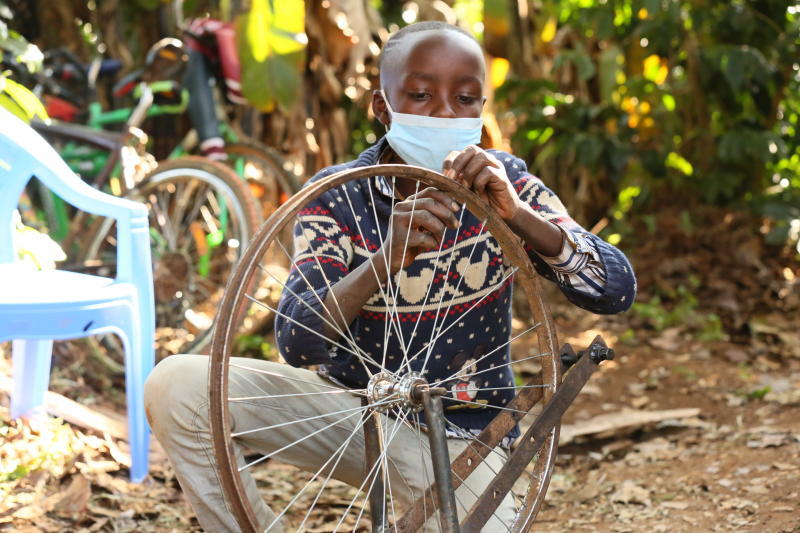×
The Standard e-Paper
Smart Minds Choose Us

Attempts by teachers to aid in cheating in the national examinations have raised questions on the fairness and feasibility of planned school tests under the 2-6-3-3-3 education system.
This comes only months after the government adopted planned school-based examinations under the Competency-Based Curriculum (CBC).